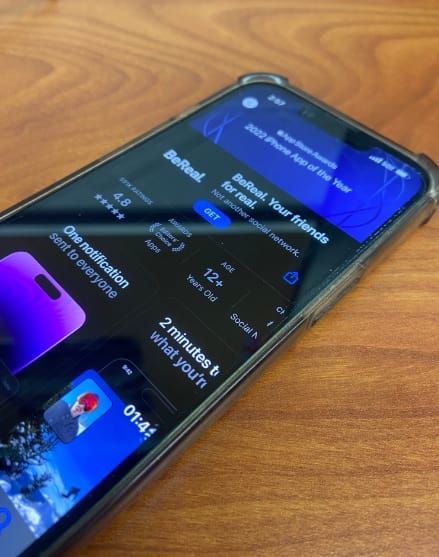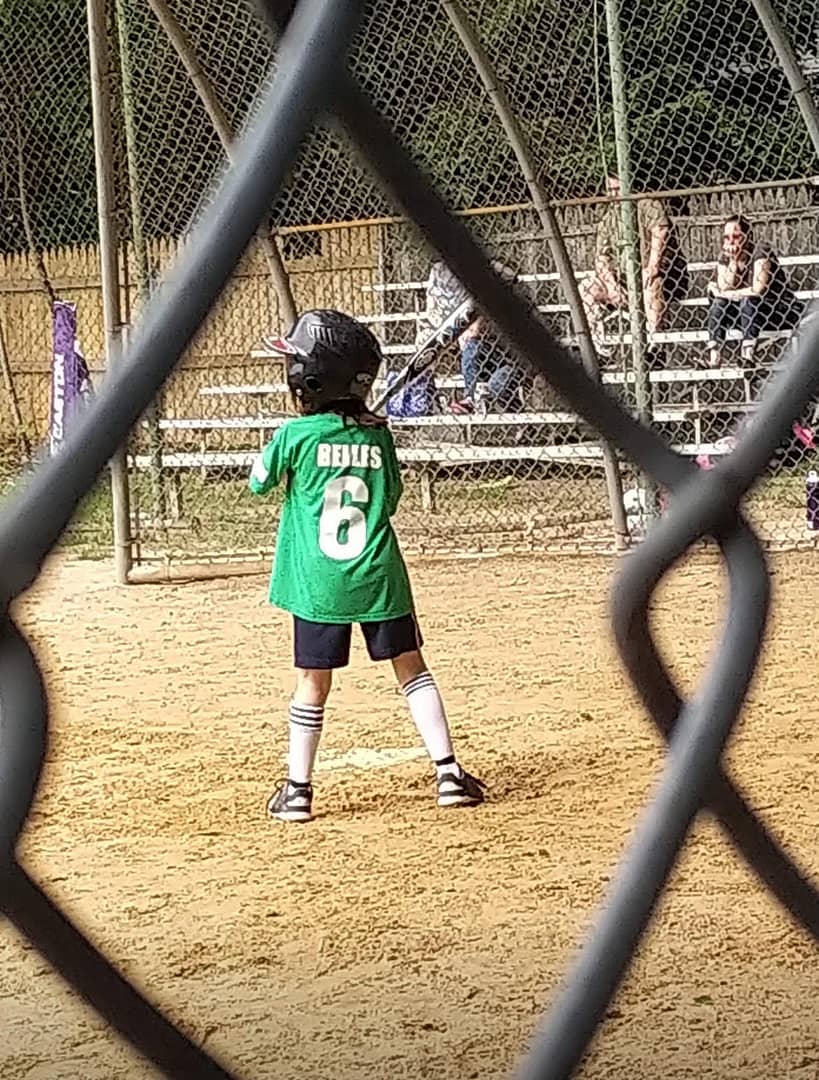In today’s world, teens are spending more time on social media and electronic devices than interacting with people their age. This issue with this generation of teens is that the reduction of social interaction is not something that happens overnight, but it is the result of events that take place throughout the years, such as the pandemic, and the creation of social media that has enabled them to meet new people through their phones instead of going out in the world. However, social media was not created to cause any harm to people; it was created to provide humans with the ability to communicate digitally. So then, why is social media causing a lack of social interaction if the creation of them was to oppose such an outcome? Well, this question is better explained by one word: “Pandemic.” Coronavirus hit so unexpectedly, causing the entire world to shut down, altering the lives of everyone on the globe; humans interacted with each other every single day and were then forced into complete isolation. For years we spent every single day at home without spending time with other human beings besides from the people we lived with.
You might be asking why the pandemic has anything to do with social media, but it has everything to do with the global spread and popularity that social media gained through this time of isolation. During the pandemic, the only way adolescents could communicate and interact with each other was through social media; this was a perfect way to not lose social interaction with friends and family. As time went on, this “means of communication” soon became an addiction, and teens started switching their outdoor activities with friends for more screen time on their phones. However, social media is not the only platform that prevents teens from going out in the world and socializing with people: the increased creation of gaming platforms keeps teens inside the house playing for hours non-stop until they get tired and go to sleep, eventually waking up to do the same routine over and over again. This routine has become so prominent in teens nowadays that it leaves little space for real-life activities with other people, where they can perfect their social skills. Many adolescents nowadays lack these social skills, leading them to be isolated and lonely, which can also lead to depression.
Somewhere between the early 2000s and today, teens’ plans have changed radically and instead of engaging themselves in fun outdoor activities, they would rather stay inside and play games, or scroll through social media for hours non-stop. Hopefully, as time passes this widespread addiction will become a faded memory and teens will interact more with each other than they do with their phones today.
*Editorials are the opinions of the writers and not the opinions of Wayne Public Schools





